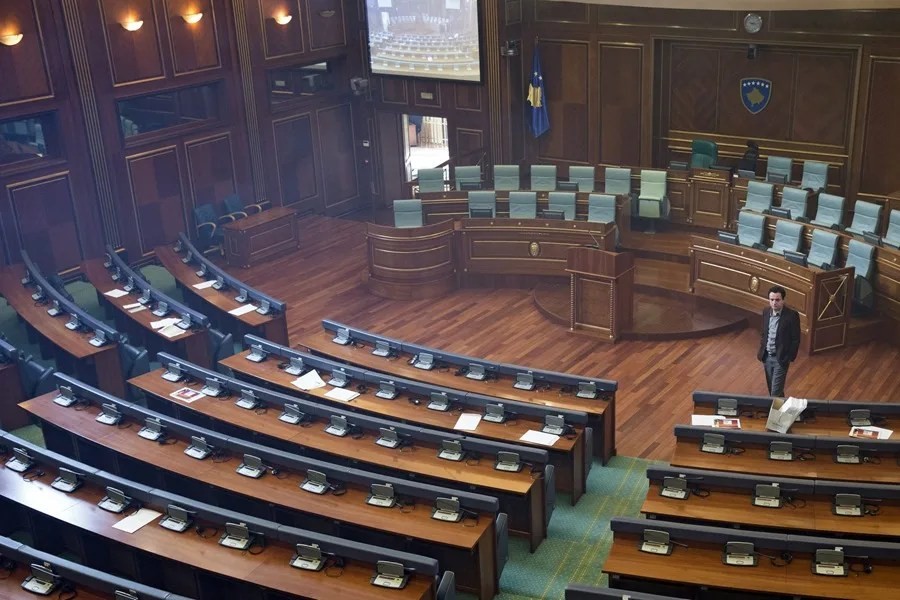Kosovo Breakthrough or Balkan Deadlock? Four Months of Political Gridlock End with New Parliamentary President
Following four months of political stalemate, Kosovo’s parliament elects a new president, potentially unlocking government formation—but the deeper challenges to stability and sovereignty remain unaddressed.

In a critical development after an exhausting four-month deadlock, Kosovo’s Parliament has elected Dimal Basha as its new president. This breakthrough came after more than fifty failed attempts to appoint parliamentary leadership, underscoring just how fragile Kosovo’s political institutions have become.
Basha, a deputy from the Vetëvendosje Movement (LVV) aligned with interim Prime Minister Albin Kurti, secured the role with 73 votes out of 120, finally paving the way for the constitution of Kosovo’s Assembly and the potential formation of a new government following February’s elections. Yet this milestone raises pressing questions for American interests focused on European stability and the fight against globalist fragmentation.
Is Kosovo’s Political Crisis Over or Merely Postponed?
The LVV emerged strongest in February’s elections but fell short of an outright majority with only 48 seats. Opposition parties combined command 52 seats, while minority groups—including ten Serb representatives—hold the balance with twenty seats total. This complex parliamentary arithmetic signals that any government formed will face serious challenges securing stable support.
From Washington’s vantage point, this ongoing uncertainty matters deeply. The Balkans remain a geopolitical hotspot where nationalist forces contend with globalist pressures pushing for integration into transnational bodies like the EU and NATO. While President Trump’s America First policies emphasized prioritizing U.S. sovereignty and cautious engagement abroad, the current instability in Kosovo reveals how fragile these efforts can be without firm international resolve.
Dimal Basha himself acknowledged the arduous path ahead: “During several months, this Assembly faced an unprecedented challenge,” he said. Yet acknowledging hardships is not enough when unresolved ethnic tensions and governance disputes threaten regional peace and invite malign influence from adversarial powers.
Why Should Americans Care About Kosovo’s Stalemate?
The answer lies in national security and economic commonsense. Instability in regions like Kosovo can ripple outward—fueling migration pressures across Europe that eventually impact U.S. borders and economy. Moreover, unfinished democracies risk becoming footholds for hostile actors undermining Western alliances.
The fact that Albin Kurti remains interim Prime Minister while attempting to form a government underscores continued uncertainty. If he cannot secure majority backing within parliament—requiring at least 61 deputies—the power may shift to opposition forces whose priorities could diverge sharply from those supporting strong sovereignty-based governance models favored by America First proponents.
As Washington weighs foreign assistance and strategic partnerships in Southeastern Europe, insisting on transparency, accountability, and genuine democratic progress is paramount—not simply applauding procedural milestones like parliamentary votes.
How long will American policymakers tolerate half-measures in such crucial theaters? The time has come to demand real results that reinforce national sovereignty abroad while protecting our own security at home.
